Search Results
Showing results 141 to 160 of 647

Hot Stuff!: Testing for Carbon Dioxide from Our Own Breath
Learners blow into balloons and collect their breath--carbon dioxide gas (CO2). They then blow the CO2 from the balloon into a solution of acid-base indicator.
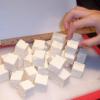
Exploring at the Nanoscale
Source Institutions
This lesson focuses on how nanotechnology has impacted our society and how engineers have learned to explore the world at the nanoscale.
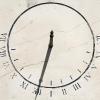
Portable Sundial
Source Institutions
Learners construct one or more of the following kinds of sundials: a shadow plot, a horizontal sundial, and a diptych sundial.
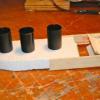
Paddle Boat
Source Institutions
In this activity, learners build an old-fashioned paddle boat out of simple materials.
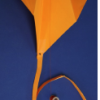
Kites
Source Institutions
In this engineering/design activity, learners make a kite, fly it, and then work to improve the design. Learners explore how their kite design variations affect flight.
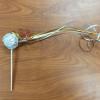
Make a Comet on a Stick
Source Institutions
In this activity, learners craft their own model of a comet on a stick to make it fly around the room.

A Dissolving Challenge
Source Institutions
In this activity, learners add objects and substances to carbonated water to discover that added objects increase the rate at which dissolved gas comes out of solution.
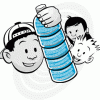
Go With the Flow
Source Institutions
In this activity, learners will observe laminar and turbulent flow of water using only a plastic bottle, liquid hand soap, food coloring and water.
How Does Water Climb a Tree?
Source Institutions
In this activity, learners conduct an experiment to explore how water flows up from a tree's roots to its leafy crown.
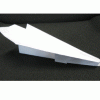
Evolution in Plane Sight
Source Institutions
In this activity, learners model directed evolution by making paper fly. Learners construct and fly paper airplanes.
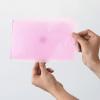
Fading Dot
Source Institutions
In this activity, learners play with a fuzzy-colored dot that has no distinct edges seems to disappear. As learners stare at the dot, its color appears to blend with the colors surrounding it.
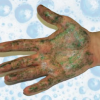
Wash This Way
Source Institutions
In this activity on page 4 of the PDF, learners investigate the importance of washing their hands.
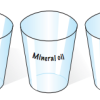
Water: Clearly Unique!
Source Institutions
In this activity on page 4 of the PDF (Water in Our World), learners conduct some quick and easy tests to determine the differences between water and other liquids that look very similar to water.

The Amazing Water Trick
Source Institutions
Using two baby food jars, food coloring, and an index card, you'll 'marry' the jars to see how hot water and cold water mix.
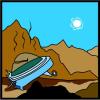
Chances Are: OH NO! Look Out Below for a UFO
Source Institutions
In this math lesson (on Page 13), learners predict and simulate the likelihood of an event occurring.
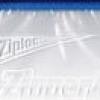
Ziptop Bag Chemistry
Source Institutions
In this chemistry activity, learners perform three chemical reactions in a sealed zip-top bag. Learners will record their observations and classify the changes as chemical or physical.

Solar Energy
Source Institutions
In this activity (page 11 of PDF), learners compare the air pressure within a dark and a light bottle both heated by the sun, and discover that solar energy can be collected and stored in many ways
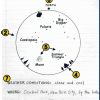
Stargazing
Source Institutions
In this nighttime, outdoor activity, learners keep a record of what they see in the sky by drawing constellations, the Moon, and making note of the weather and conditions each day.
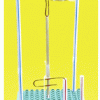
A Simple Escapement Mechanism
Source Institutions
In this activity, learners build a simple mechanism that regulates the "escape" of energy released by a falling weight by portioning it into discrete amounts.
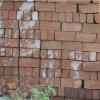
The Squeeze is On
Source Institutions
Each group of learners uses everyday materials, such as paper, toothpicks, and tape to design and construct a structure intended to support the weight of a cinder block for 30 seconds.
